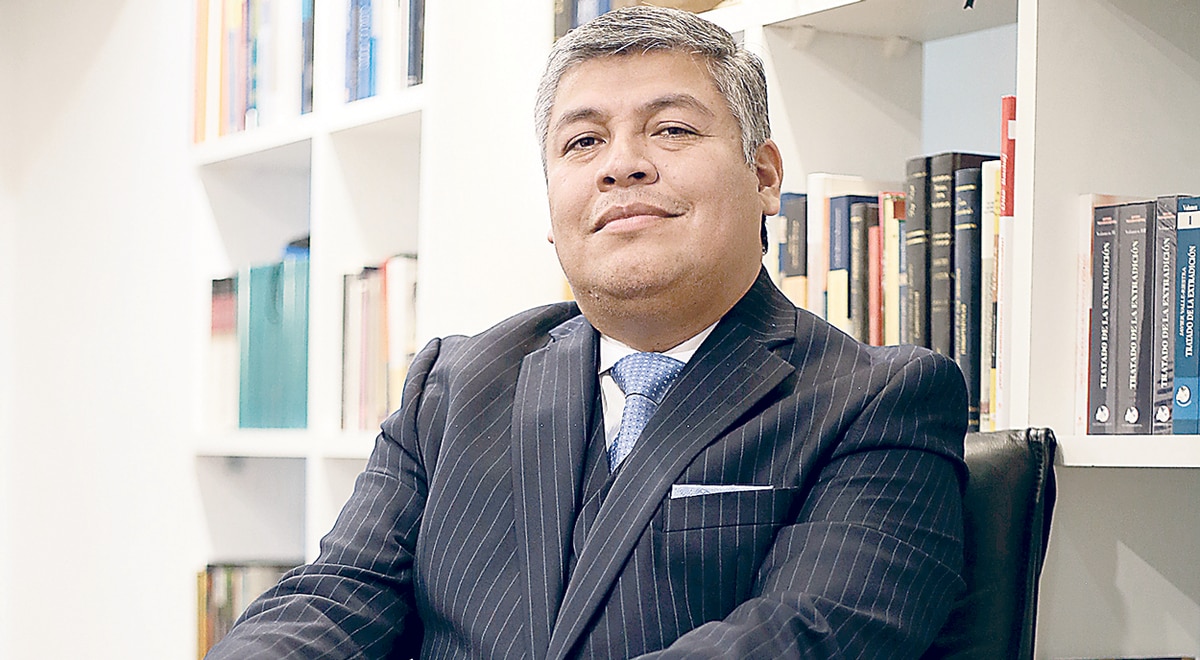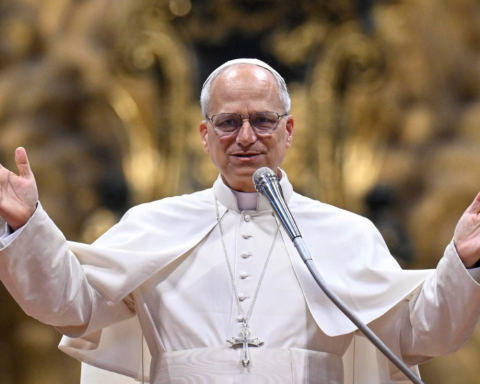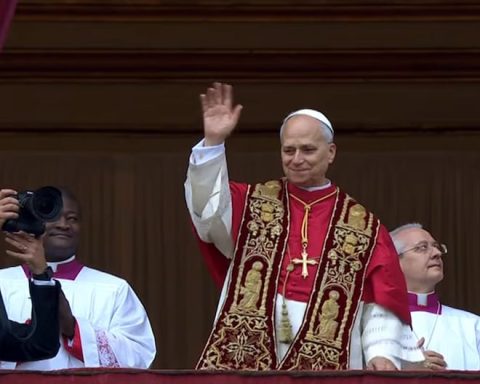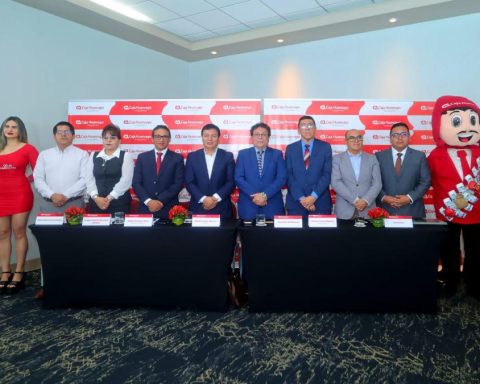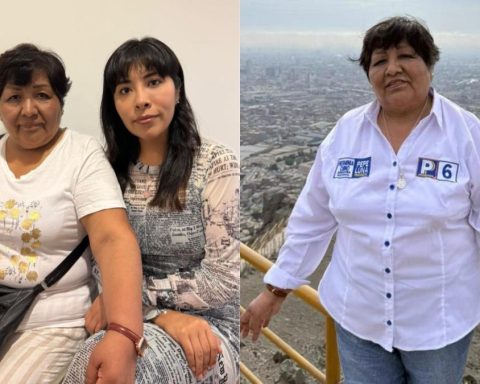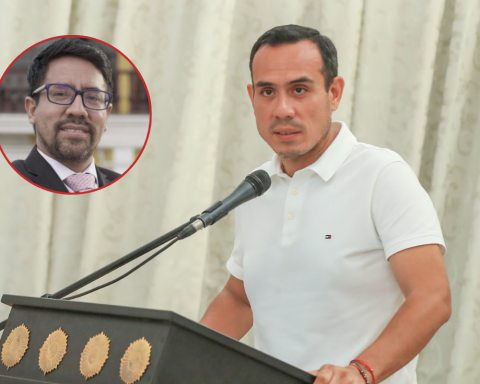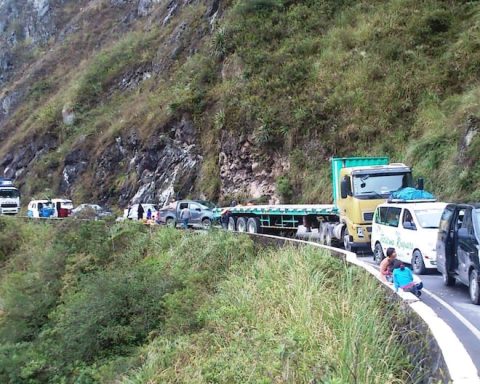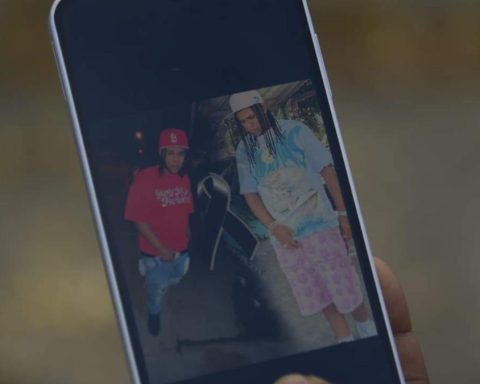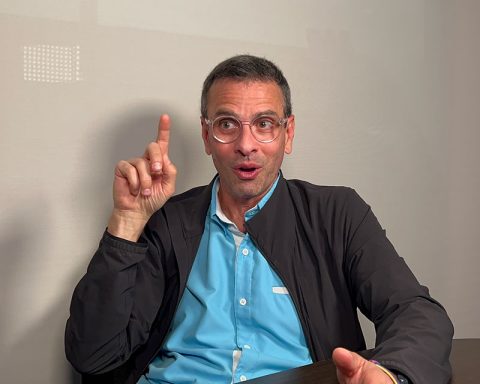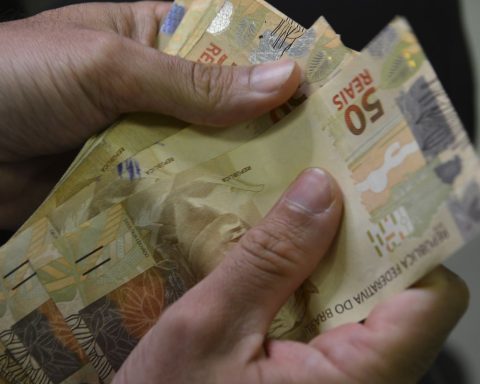— How have you designed the process to approve the seven proposed reforms?
— To present a project of this nature we need to buy an electoral kit in the ONPE and present the text of the bill. They give us the forms and we can gather the signatures. Being a constitutional reform law, they ask us for 0.3% of the signatures of adherents of the last electoral roll, which is at least 75,000 signatures.
— With the signatures, the proposal is taken to Congress.
— Sure, the project is entered. Law 26300 says that when it comes to legislative initiatives, Parliament has 120 days to make a decision.
— The Legislature can reject the project.
— If it pronounces negatively or approves the project distorting it, we have the right to complete the signatures. In this scenario we will need signatures equivalent to 10% of the last electoral roll, which is 2.5 million signatures; If at the beginning we achieve 100,000 signatures, then we would need the difference for the JNE call a referendum and the population decides whether or not to approve the reforms, so that they become constitutional modifications.
— Is it possible that some congressman take the projects as an initiative?
— They could do it, but if they archive the project or distort it, the congressman has no power to take the initiatives to a referendum. The only ones who have the right that a denied, denatured or unattended initiative can culminate in a referendum process are the citizens.
— There are seven reforms, as far as the president is concerned, does it not weaken his position?
– It does not weaken. Let’s see how the presidential figure is treated today. When a crime is attributed to him in the exercise of his function, you have to wait for his mandate to end for him to be prosecuted, but when his management ends, the Prosecutor’s Office cannot go head-on against him either. . You have to go through the Congresssince it has the benefit of pre-trial for committing a crime and impeachment for constitutional infraction.
– What do you think about it?
— That the authorization to be charged include the reasons that concern very serious crimes, such as drug trafficking, terrorism, against humanity, corruption of officials, criminal organization, against the democratic order. All this while maintaining that protection scheme. We are not weakening the figure of the president, we are seeking to strengthen the fight against corruption, which should be from the highest official, such as the President of the Republic, to the lowest level official in the State structure.
— How does the electoral landscape change with the reforms?
– The theme goes like this. The one who obtains 50% + 1 of the valid votes wins the presidency, since the logic is that they have strong legitimacy. For the second round we are going to climb that fence and the candidates who together reach 55% of the valid votes in the first round pass, with a limit of four candidates. If we had had this rule in the last election, Castillo, Keiko, López and De Soto would have passed. Fostering centrist positions and not so antagonistic.
218 civil organizations make up the “Citizen Coalition”. Photo: John Reyes/The Republic
— In the case of congressmen?
— We are proposing that congressmen be elected in the second round and that there be a renewal of Parliament by halves at mid-term. The citizens take an exam through the vote and with that we also eliminate the parliamentary dissolution.
— The election of congressmen will be in the second round, can you specify?
— The proposal is that all the parties apply with their congressional lists in the second round. Logically, those who have candidates who are running for the presidency will have more possibilities, then there will be parliamentary lists without candidates and they will be at a disadvantage, Well, the most logical thing is that the votes will come together for the parties whose candidates are in the second round. That will mean that Parliament is not so fragmented.
– Will they also regulate the presidential vacancy?
— We are going to be honest with article 117. There will be no vacancy due to moral incapacity and it will only be due to duly proven physical or mental incapacity.. That way we have a better balance and protection.
— Will the filters improve to avoid sentenced candidates?
— To prevent mafias and criminals from continuing to apply, we propose that no one convicted of serious crimes such as corruption of officials, criminal organization, sexual freedom, money laundering, among others, even if rehabilitated, can run for public office, join a party politician and perform public function. It is a hard and radical fight against corruption.
— At what point would the early elections come, after the reform is approved?
— The advance is complementary to the reforms. We believe that Parliament and the Executive should go, but the reforms are substantial. The advance without reforms is more of the same. We are going to present it in parallel, as a bill.
— Is it missing to regulate how the parties choose their candidates?
— What happens is that it has been a consensus of the different organizations that are in the coalition. We have agreed on these seven initiatives, but we from the Instituto Pro Democracia We had presented proposals with close to 20 constitutional modifications, but consensus was reached on the seven proposals put forward.
Do you have a schedule?
— The bill is finished this week, next week we are buying the electoral kit and immediately the signatures begin to be collected. We estimate to achieve more than 75,000 signatures between February and March to present it to ParliamentObviously a lot will depend on the support of the public, for this we have groups of collaborators throughout the country.
Constitutionalist lawyer, director of the Instituto Pro Democracia and one of the spokespersons for the Coalición Ciudadana collective, which brings together more than 200 civil organizations.
